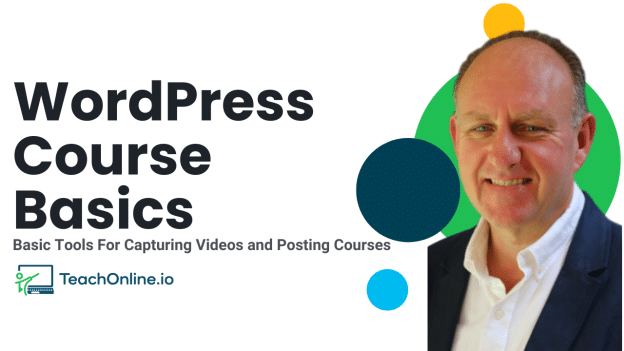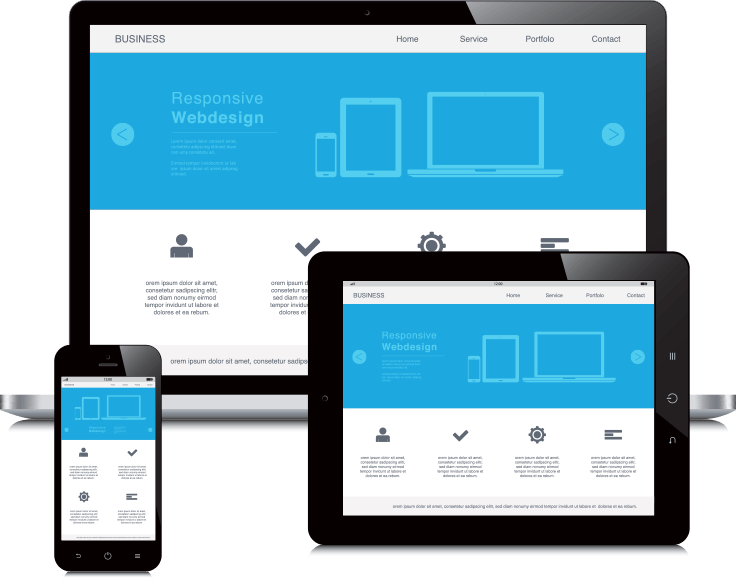Weeding Out the Wannabes: How to Design a VIP Application Process That Works

Ask anyone who has ever offered coaching services before and they’ll tell you that a certain percentage of clients simply will not (or can not) do the work. Sure, they love the idea of having a coach. They might know a good coach is a secret to business and life success. But for some reason, they just aren’t ready.
Maybe they aren’t as advanced as they think they are, and they choose the wrong program.
Maybe they’re simply professional students, who never intend to build a business, but instead just like to learn about it.
Whatever the case may be, it’s important that you eliminate these people from your potential VIP client pool.
This is especially critical if you are hosting a group event. It will be uncomfortable for everyone if you have 4 clients attending, and 3 of them are advanced students while one is just starting out. In addition, if you only work with clients who have reached a certain level of success, you’ll need to eliminate those who simply aren’t a good fit for you.
Pro tip: The ability to pay is not a good indicator of success. Many people have (and spend) lots of money on training without ever doing the work required to get a business off the ground.
Design Your Application Process to Self-Select the Best Candidates
The easiest way to avoid clients who aren’t a good fit is to require an application before payment. This can be as simple as a PDF or email questionnaire with just a few questions. You can ask things such as:
- Who (and when) have you coached with before? What was the result?
- What exact results would you like to achieve from your coaching experience?
- What type of business do you have? Is it successful?
These will all give you a feel for the applicant, and allow you to know ahead of time if she’ll be a good fit.
But you can help eliminate applicants who aren’t a good match simply by changing some of the languages on your application. For example, you might ask about the applicant’s current income, but rather than allowing her to write in any answer, give her a list of choices. If you only work with people who are earning six figures and up, then a conspicuous lack of those lower income brackets will be enough to make someone who’s just starting out think twice about applying.
You can do the same thing with language on other questions. If you only want to work with people who have a positive attitude about coaching, then you might ask, “Tell me about the best coaching experience you’ve had and what you loved about it.” Negative Nancys will have a difficult time answering that one, and you’ll be able to spot them immediately.
Even if you only invite current coaching clients to VIP days (so you already know and like them) it’s still a good idea to have some kind of application process. After all, VIP days are far more intense than a monthly coaching program, so you want to be sure all applicants know what to expect. And the best way to do that is through a formal application.



